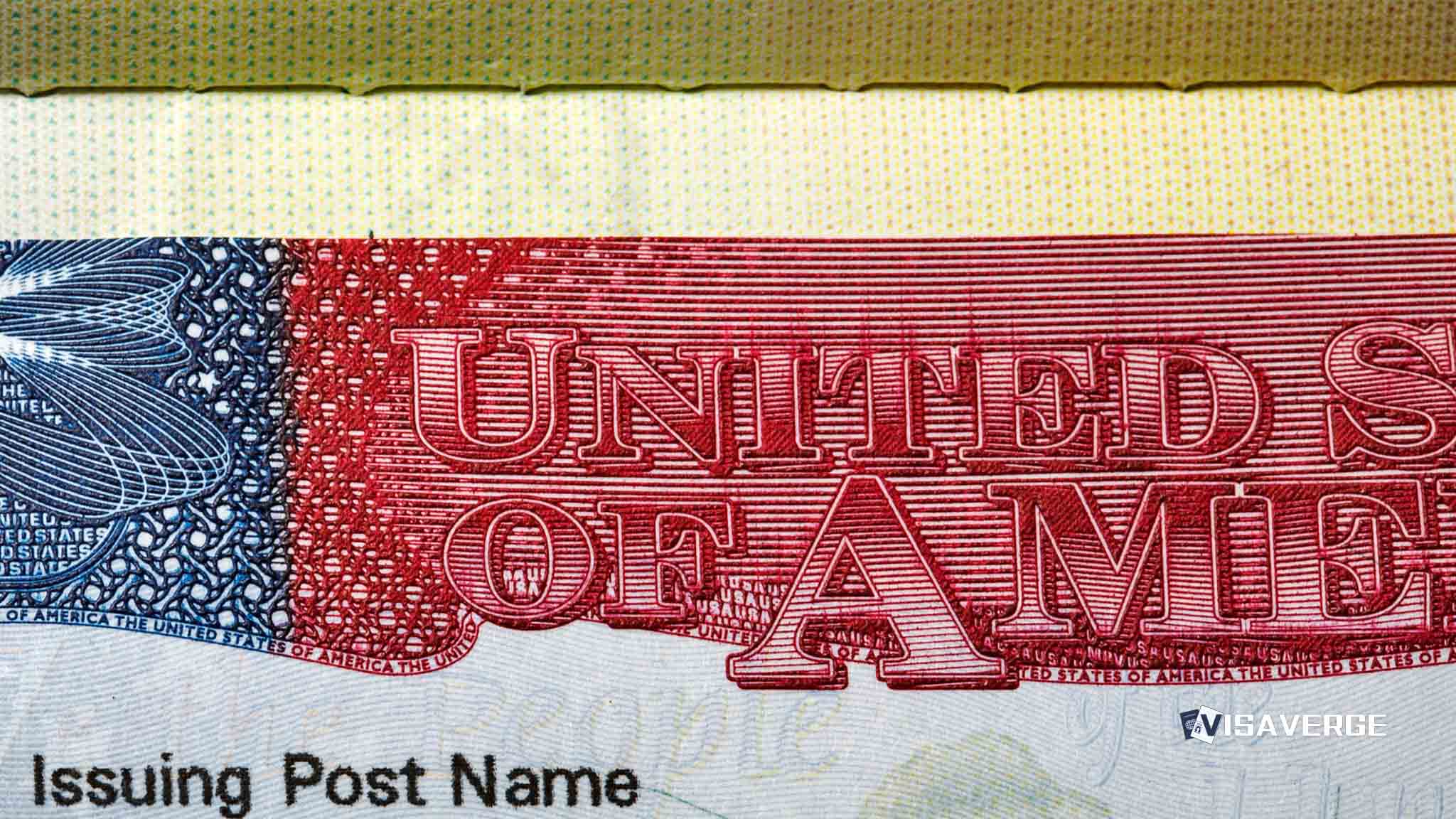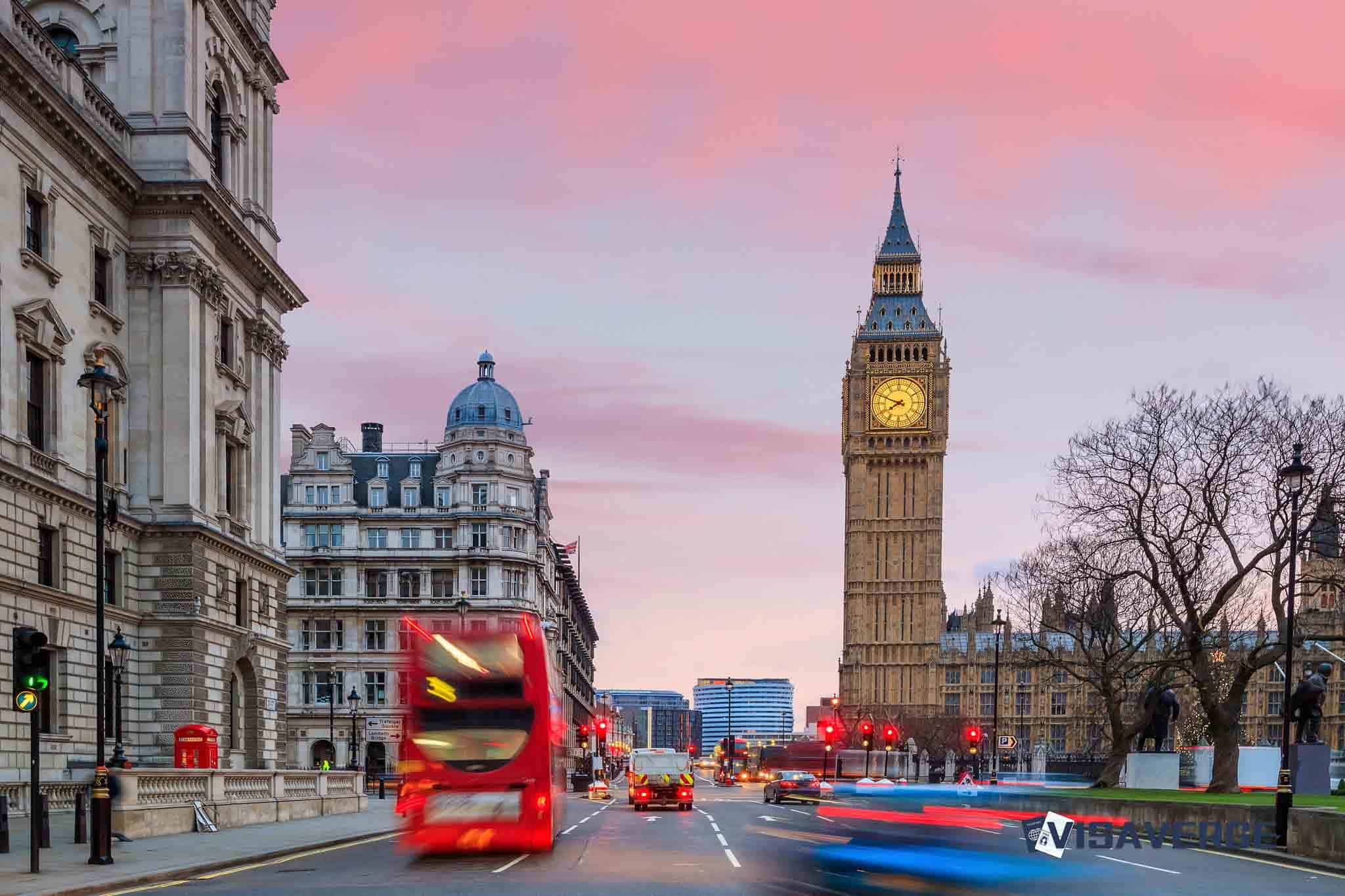Understanding UK Visa Travel Rules for Overseas Trips
If you’re currently a UK visa holder, contemplating a journey beyond the UK’s borders, it’s vital to understand the regulations that apply to you. Knowing the specifics of UK visa travel rules will ensure your re-entry into the UK is smooth and untroubled.
Can UK Visa Holders Travel Outside the UK?
Yes, individuals holding a UK visa are generally permitted to travel outside the country. However, the conditions of your return depend on the type and validity of your visa. Always check your visa stipulations before making travel arrangements.
Key Considerations for Traveling Outside the UK with a Visa
Ensure Your Visa Is Multiple-Entry
Some UK visas are single-entry which means if you leave the UK, you cannot return on the same visa. Confirm that you have a multiple-entry visa before planning any trips abroad to prevent any complications upon your return.
Visa Validity Must Cover Your Travel Dates
Check the expiration date of your visa. Traveling outside the UK with a visa that expires while you are away could hinder your ability to come back into the country. Plan your trip so you return to the UK before your visa expires.
Keeping Tabs on Your Absences from the UK
For those seeking to extend their visa or apply for indefinite leave to remain, keep in mind that lengthy absences might affect your application. The continuous residency requirement stipulates the maximum time you can spend outside the UK without affecting your future immigration applications.
Special Requirements Upon Return
While traveling, ensure you carry documents that prove your right to return to the UK, such as a valid visa and passport.
Plan Ahead: Entry Requirements for Destination Countries
Before you travel, verify any requirements for your destination country. As a UK visa holder, you may need an additional visa to enter other countries. Always consult the embassy or consulate of your destination well in advance.
Advice for EU, EEA, and Swiss Citizens
If you’re from the EU, EEA, or Switzerland, remember that the rules for entering these territories may have changed post-Brexit. Carry evidence of your settled or pre-settled status when traveling.
Re-entry to the UK: What Documentation Should You Carry?
Upon returning to the UK, have the following on hand:
- Valid passport
- Resident permit or biometric residence card (if applicable)
- Supporting documents justifying your absence (employment letter, educational documents, etc.)
Navigating Immigration Issues After Your Trip
If complications arise upon your return, such as a lost or expired visa, contact the UK Visas and Immigration (UKVI) immediately.
Prevent Future Immigration Stresses
To avoid any unsettling surprises in your travel and immigration processes:
- Regularly check the Home Office’s updates on UK visa travel rules.
- Consult with immigration experts if you have a complex immigration status or are planning extended absences from the UK.
- Consider the implications of your travel on long-term immigration plans.
In Conclusion
Experiencing the world as a UK visa holder is an exciting privilege, provided you meticulously follow the rules governing your visa. Pre-trip planning and adherence to UK visa travel rules are key to ensuring that your international travels are hassle-free and don’t adversely affect your UK visa status. Remember, it’s not just about where you’re going, but ensuring you can return to the UK without a hitch.
Travel safely, and keep the lines of communication with UK immigration channels open to ensure you are always abreast of the latest developments concerning your visa status.
Expert Insights
Did You Know?
- Immigration impacts the world’s population more than ever before. According to the United Nations, the number of international migrants reached 281 million in 2020, with a 100 million increase since 2000. This represents 3.6% of the global population.
- The United States has the highest number of immigrants in the world. As of 2020, the U.S. had approximately 51 million immigrants, accounting for 19.8% of the world’s total immigrant population.
-
Canada has one of the highest immigration rates per capita globally. In recent years, Canada has welcomed over 300,000 immigrants annually, making it one of the most immigrant-friendly nations.
-
The first immigration law in the United States was passed in 1790. The Naturalization Act of 1790 limited naturalization to “free white persons” of good moral character, excluding Native Americans, slaves, and indentured servants.
-
Ellis Island in the United States was the busiest immigration inspection station from 1892 to 1954. Approximately 12 million immigrants were processed and admitted into the country during its operation.
-
The Statue of Liberty is a symbol of freedom and immigration. It was a gift from France to the United States in 1886 and is recognized worldwide as a symbol of hope and opportunity for immigrants.
-
Australia has one of the highest foreign-born populations in the world. Over 29% of Australia’s population is foreign-born, with immigrants coming from a diverse range of countries.
-
The Great Migration was a significant internal migration movement in the United States. Between 1916 and 1970, approximately six million African Americans migrated from the rural South to urban areas in the North, Midwest, and West in search of better economic opportunities and to escape racial segregation.
-
The H-1B visa is one of the most common work visas in the United States. It allows U.S. employers to temporarily employ foreign workers in specialty occupations. In recent years, the demand for H-1B visas has far exceeded the annual cap, leading to a highly competitive application process.
-
Germany has one of the most robust immigration integration programs in the world. The country provides language classes, integration courses, and vocational training opportunities to help immigrants successfully integrate into German society.
Immigration is a complex and multifaceted topic, with many intriguing aspects that go beyond the regulations and practicalities. Exploring the historical, cultural, and global dimensions of immigration can provide a deeper understanding of the impact and significance of immigration movements throughout history.
Learn today
Glossary
1. UK Visa: A document issued by the UK government that allows individuals from other countries to enter, work, study, or reside in the UK for a specific period of time.
2. Multiple-Entry Visa: A type of UK visa that allows the holder to leave and re-enter the UK multiple times within the validity period of the visa.
3. Visa Validity: The period during which a UK visa remains valid and can be used for travel in and out of the country.
4. Continuous Residency: Refers to the requirement that individuals with certain UK visas must spend a specified amount of time continuously in the UK in order to be eligible for visa extensions or indefinite leave to remain.
5. Entry Requirements: The conditions and documents required for entry into a destination country, which may include additional visas, travel insurance, proof of accommodation, etc.
6. Settlement Status: A legal status granted to EU, EEA, and Swiss citizens in the UK, allowing them to stay and work in the country after the Brexit transition period. It includes settled status and pre-settled status.
7. Passport: A travel document issued by a person’s country of citizenship that certifies their identity and citizenship and allows them to travel internationally.
8. Resident Permit/Biometric Residence Card: A document issued to non-UK citizens who have permission to reside in the UK for a specific period. It serves as evidence of their immigration status.
9. Supporting Documents: Documents such as employment letters, educational documents, or any other evidence that justifies the reasons for an individual’s absence from the UK and supports their right to re-enter the country.
10. UK Visas and Immigration (UKVI): The government department responsible for managing immigration and visa applications in the UK.
11. Home Office: The government department responsible for immigration, security, and law enforcement in the UK.
12. Immigration Experts: Professionals who specialize in providing advice and guidance on immigration laws and processes.
13. Pre-Settled Status: A temporary immigration status granted to certain EU, EEA, and Swiss citizens who have not yet met the requirements for settled status but wish to continue living and working in the UK.
So, my globetrotting friend, now you know the ins and outs of UK visa travel rules! Remember, a multiple-entry visa is your passport to vacation bliss. Stay on top of expiration dates, keep records of your absences, and don’t forget those entry requirements for other countries. And hey, for even more immigration info and expert advice, check out visaverge.com. Happy travels!
FAQ’s to know:
FAQ 1: Can UK visa holders travel outside the UK?
Yes, UK visa holders are generally allowed to travel outside the UK. However, it is important to check the conditions and validity of your visa to ensure a smooth return. Always review your visa stipulations before making any travel arrangements.
FAQ 2: What are the key considerations for traveling outside the UK with a visa?
There are several key considerations for traveling outside the UK with a visa:
- Ensure your visa is multiple-entry to avoid complications upon return.
- Make sure your visa is valid for the duration of your travel dates.
- Keep track of your absences from the UK, as lengthy absences may affect future immigration applications.
FAQ 3: What documentation should UK visa holders carry when re-entering the UK?
When re-entering the UK, UK visa holders should have the following documentation:
- Valid passport
- Resident permit or biometric residence card (if applicable)
- Supporting documents justifying the absence, such as employment letters or educational documents
It is important to carry these documents to prove your right to return to the UK.
Remember to regularly check updates on UK visa travel rules, consult immigration experts for complex immigration status or extended absences, and consider the implications of your travel on long-term immigration plans to prevent future immigration stresses.
What did you learn? Answer below to know:
- True or False: UK visa holders can travel outside the UK without any restrictions.
- What should UK visa holders do to prevent complications upon their return to the UK?
a) Apply for a new visa before traveling
b) Check the expiration date of their visa
c) Carry additional travel documents such as a driver’s license
d) Consult with immigration experts to extend their visa - What should EU, EEA, and Swiss citizens carry when traveling to territories affected by Brexit?
a) Valid passport and resident permit
b) Evidence of settled or pre-settled status
c) Employment letter and educational documents
d) Travel insurance policy and vaccination records














